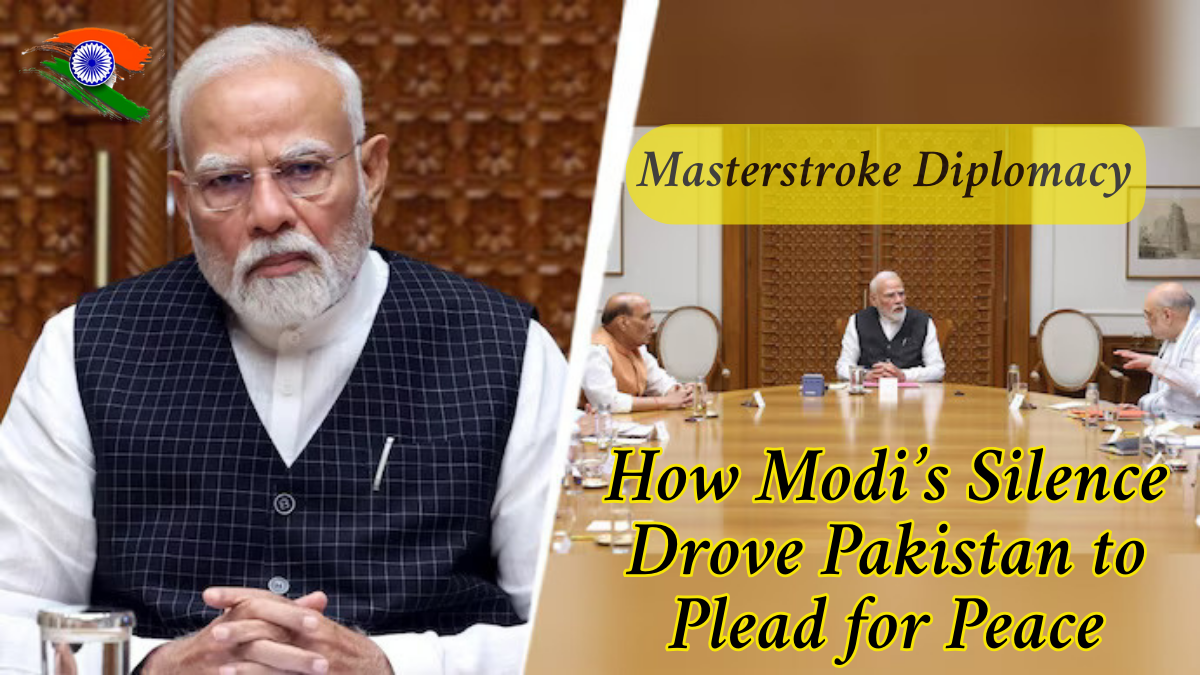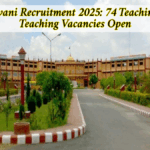On April 22, 2025, a brutal terrorist attack in Pahalgam, Kashmir, claimed the lives of 26 Hindu tourists, reigniting tensions between India and Pakistan. The assailants, reportedly affiliated with the newly emerged militant group “Kashmir Resistance,” targeted individuals based on their religious identity. India swiftly attributed the attack to Pakistan-backed elements, leading to a series of diplomatic and strategic responses. (US tries to halt India, Pakistan war drums, Indian survivors of Kashmir attack say gunmen asked if they were Hindus and opened fire)

Table of Contents
The Pahalgam Attack: A Detailed Account

Survivors recounted that the attackers, dressed in camouflage, posed as locals or security personnel before opening fire on tourists who identified themselves as Hindus. This incident stands as one of the deadliest civilian-targeted attacks in the region in recent years. (Indian survivors of Kashmir attack say gunmen asked if they were Hindus and opened fire)
India’s Immediate Response
Strategic Silence and Calculated Measures
Prime Minister Narendra Modi convened high-level security meetings without issuing immediate public statements. This strategic silence was perceived as a psychological tactic, causing unease within Pakistan’s leadership.
Diplomatic and Economic Actions
India implemented several measures:
- Suspension of the Indus Water Treaty: India suspended its participation in the Indus Water Treaty, a move that escalated tensions over shared water resources. (Water or blood: tensions grow over India and Pakistan’s shared rivers)
- Revocation of Visas and Expulsion of Diplomats: Visas for Pakistani citizens were revoked, and Pakistani diplomats were expelled from India.
These actions were aimed at isolating Pakistan diplomatically and economically.
Pakistan’s Reaction
Public Denials and Private Appeals
While publicly denying involvement in the attack, Pakistani officials privately sought de-escalation. Defense Minister Khawaja Asif emphasized the desire to avoid war, and Prime Minister Shehbaz Sharif reached out to international leaders, including UN Secretary-General António Guterres, seeking intervention. (Pakistan warns of an Indian attack, while quietly urging de-escalation)
International Outreach
Pakistan engaged with countries like Russia, the UAE, and the US, requesting diplomatic support to mitigate the crisis. Despite warnings of potential Indian military action, Pakistan’s leadership emphasized the importance of restraint.
Historical Context: The Pulwama Attack Parallel
The current situation draws parallels to the 2019 Pulwama attack, where a suicide bombing killed 40 Indian paramilitary personnel. India’s response included airstrikes in Balakot, Pakistan, and the revocation of Kashmir’s special status. These actions significantly altered the geopolitical landscape of the region. (Pulwama attack: Modi warns Pak, says security forces given full freedom)
International Community’s Stance
The United States, through Secretary of State Marco Rubio, urged both nations to exercise restraint and cooperate in investigating the attack. The UN and China also called for calm, highlighting the potential global ramifications of an escalated conflict between two nuclear-armed neighbors. (US tries to halt India, Pakistan war drums, India wants Kashmir attackers brought to justice, foreign minister tells Rubio)
Frequently Asked Questions (FAQs)
Q1: What is the Indus Water Treaty, and why is its suspension significant?
Ans. The Indus Water Treaty, signed in 1960, governs water sharing between India and Pakistan. India’s suspension of the treaty marks a significant escalation, potentially impacting water resources for millions in Pakistan. (India serves notice to Pakistan seeking review of Indus Water Treaty – The Hindu, Water or blood: tensions grow over India and Pakistan’s shared rivers)
Q2: How has the international community responded to the recent tensions?
Ans. Countries like the US, along with international organizations such as the UN, have called for restraint and urged both India and Pakistan to engage in dialogue to prevent further escalation.
Q3: What are the potential consequences of these escalated tensions?
Ans. The primary concern is the risk of military conflict between two nuclear-armed nations, which could have devastating regional and global implications.
Official Resources
For more information, please refer to the official websites:
- Ministry of External Affairs, India: https://www.mea.gov.in
- Ministry of Foreign Affairs, Pakistan: http://mofa.gov.pk
Click Here To Know More




